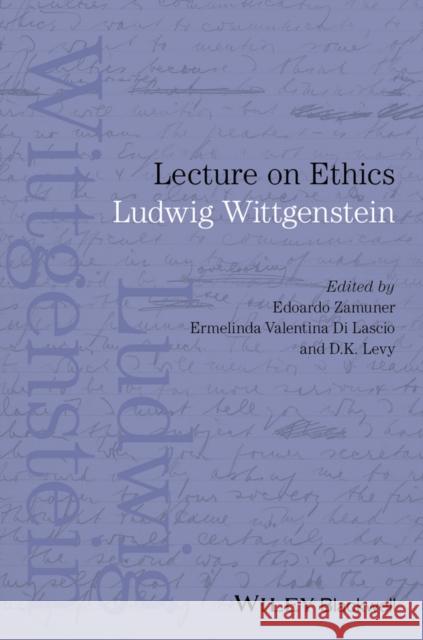Lecture on Ethics » książka
topmenu
Lecture on Ethics
ISBN-13: 9781118842676 / Angielski / Twarda / 2014 / 152 str.
The most complete edition yet published of Wittgenstein's 1929 lecture includes a never-before published first draft and makes fresh claims for its significance in Wittgenstein's oeuvre.
- The first available print publication of all known drafts of Wittgenstein's Lecture on Ethics
- Includes a previously unrecognized first draft of the lecture and new transcriptions of all drafts
- Transcriptions preserve the philosopher's emendations thus showing the development of the ideas in the lecture
- Proposes a different draft as the version read by Wittgenstein in his 1929 lecture
- Includes introductory essays on the origins of the material and on its meaning, content, and importance











